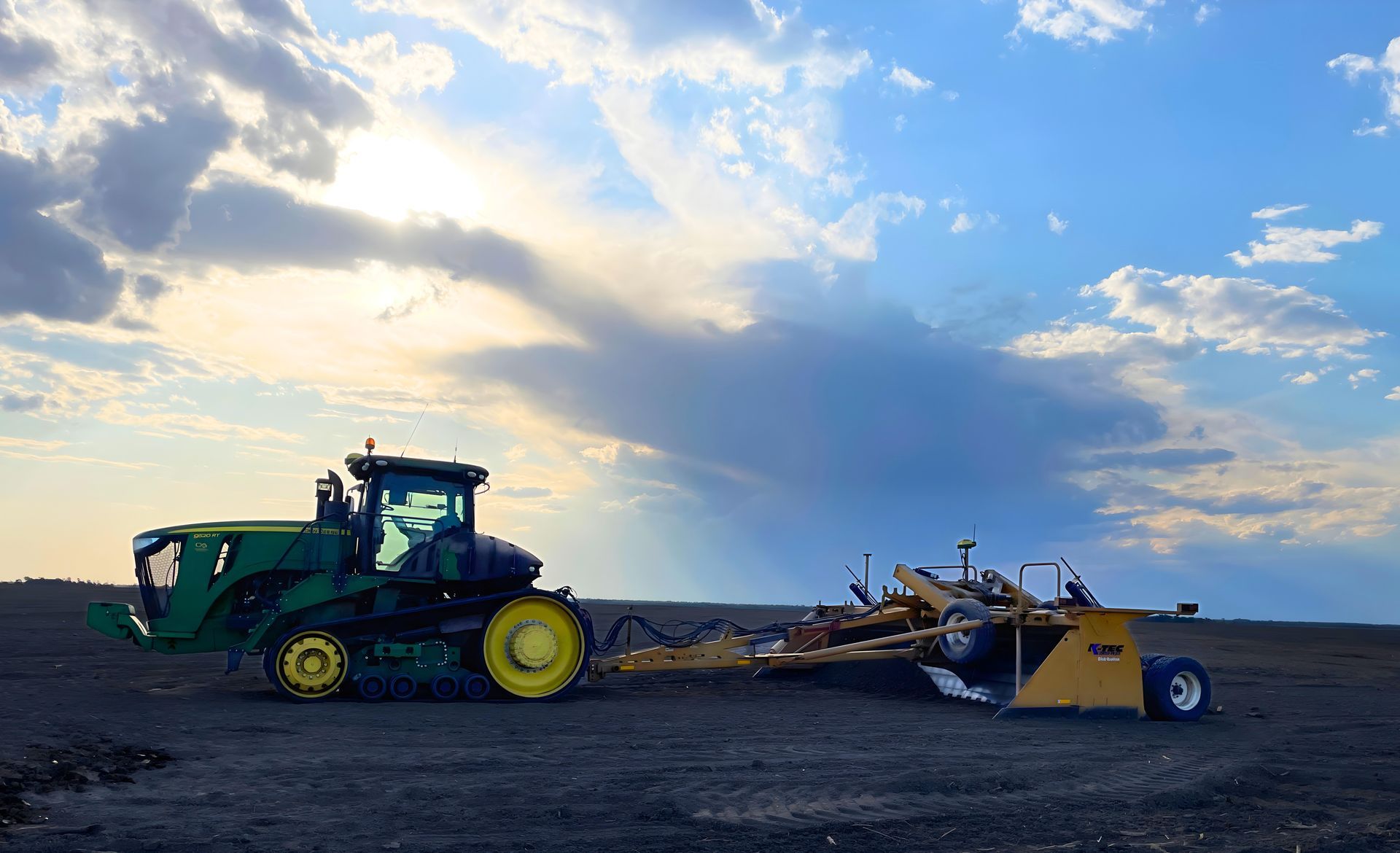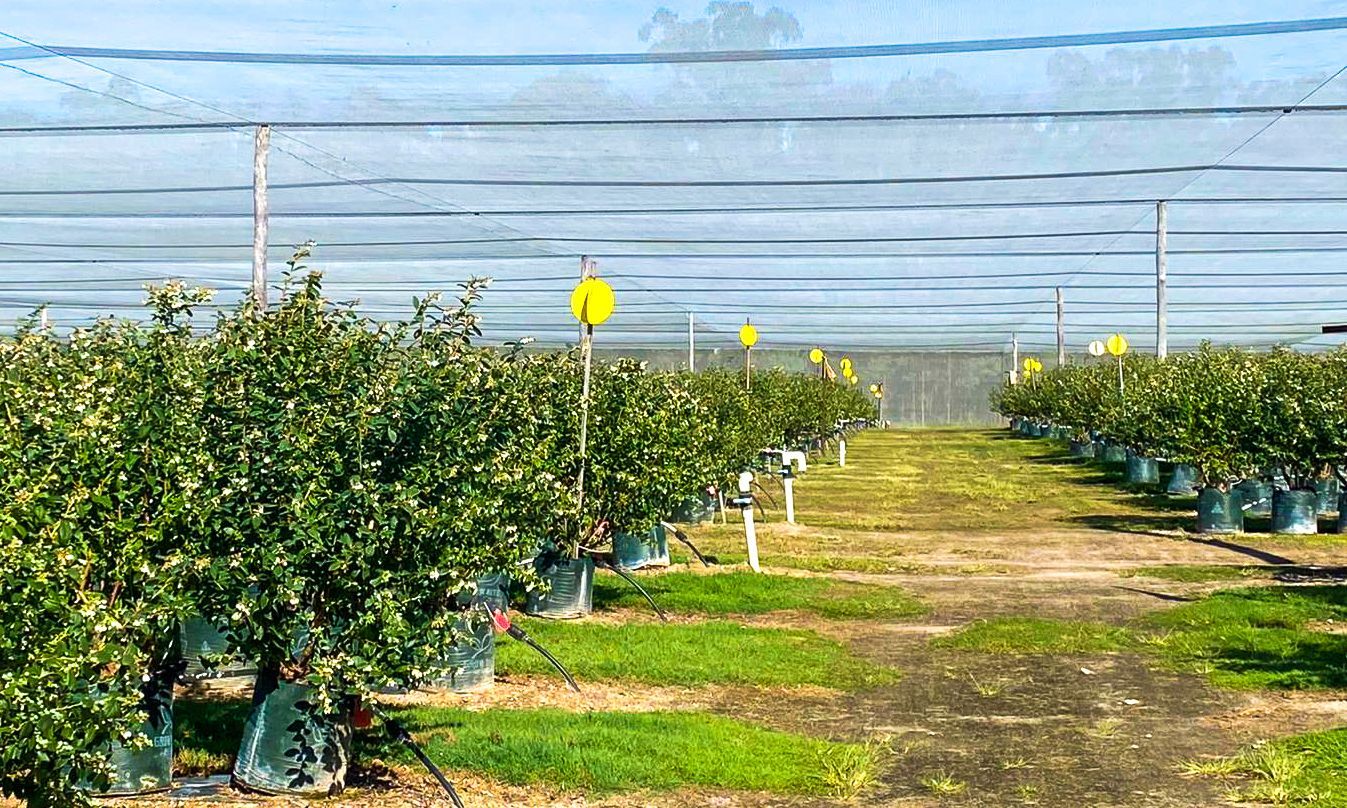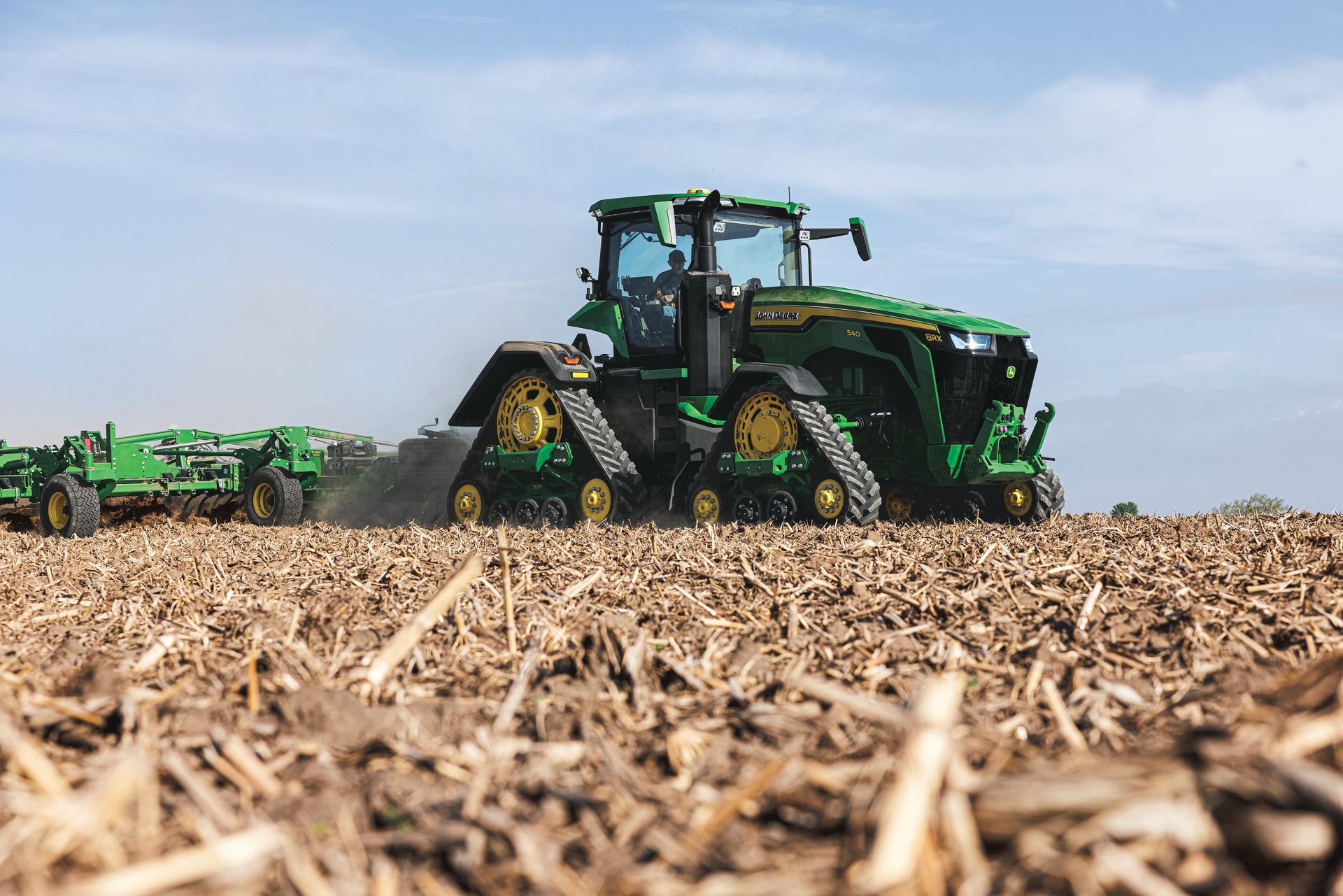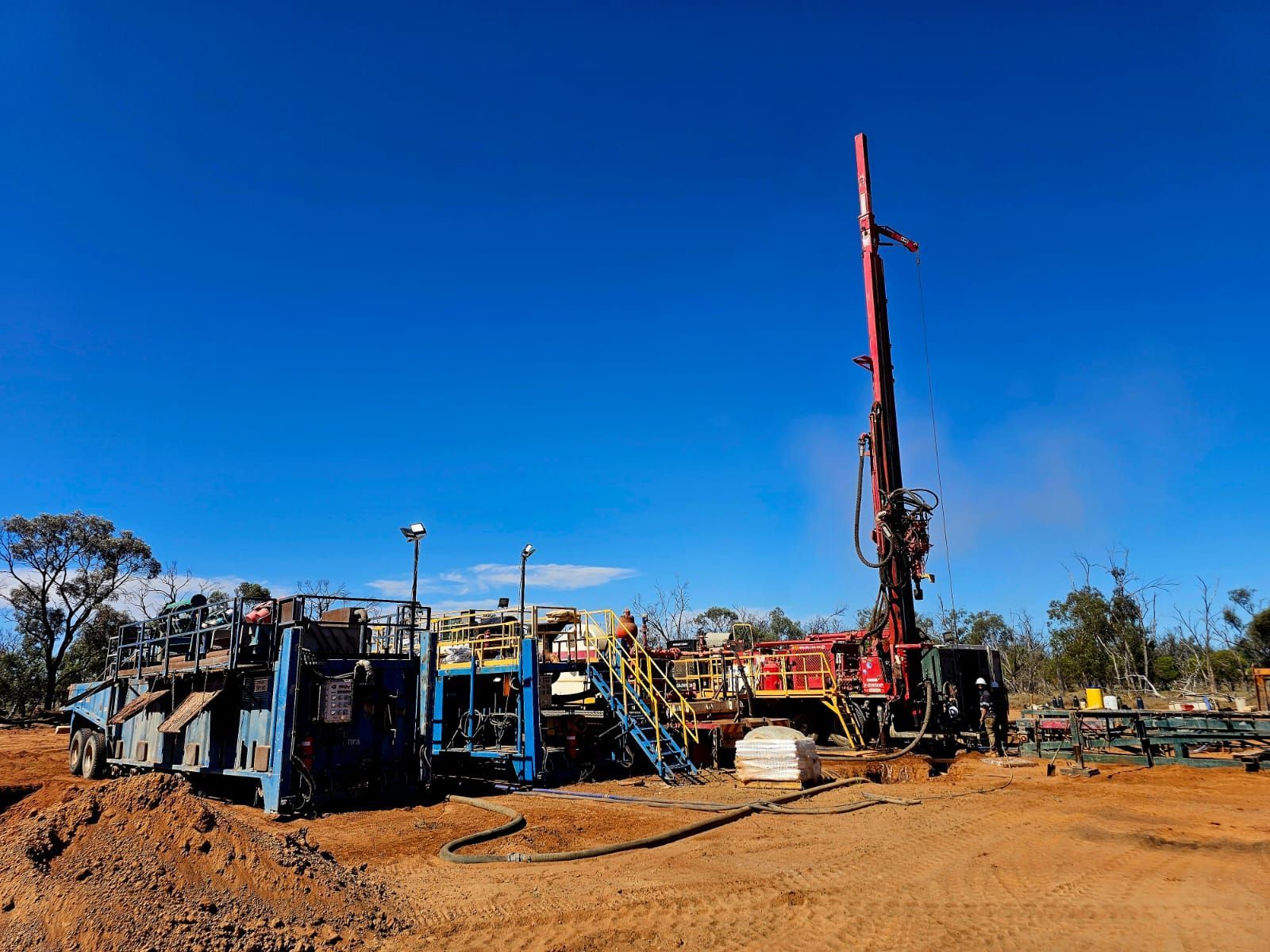1MG FlippingBooks
Smart Sprays and Cold Plasma to Optimise Crop Productivity
Two Murdoch University research projects have received investment from the Grains Research and Development Corporation (GRDC) to improve profitability and sustainability for Australian grain growers.
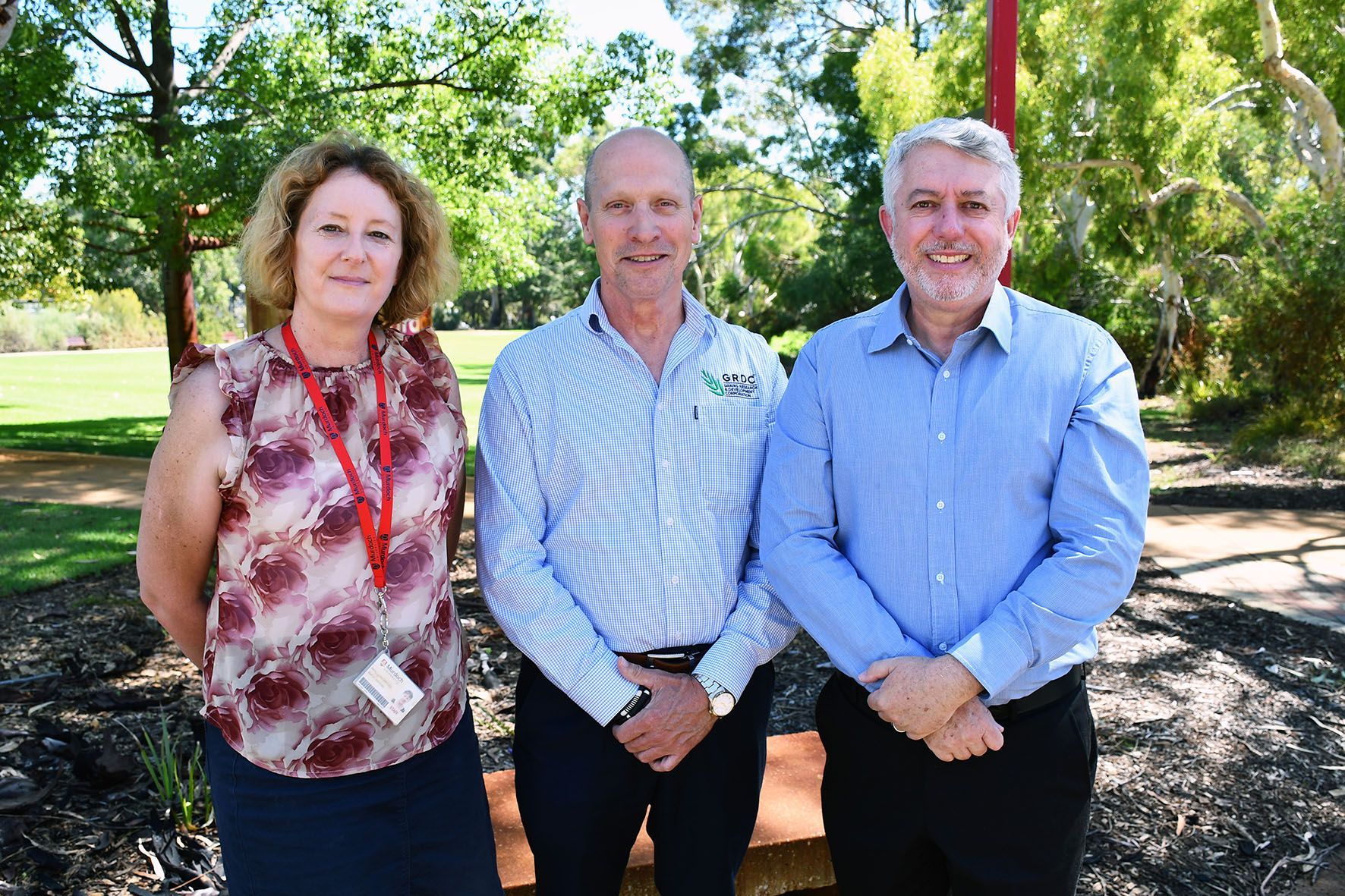
Associate Professor Kirsty Bayliss, Dr Uys Lourens and Professor Daniel Murphy
The projects include the development of novel biodegradable smart sprays for broadacre cropping, and treating wheat and canola with cold plasma for enhanced plant growth, vigour and yield.
The smart sprays project is a three-year, $8.1 million investment led by Murdoch University. It aims to develop and test two new biopolymer products: a soil spray to facilitate water harvesting, and a sticky spray for foliar (leaf) application.
Across production environments, only 20 – 40 percent of rainfall is typically transpired by dryland crops, with up to 60 percent of rainfall lost to evaporation, and 5 – 20 percent lost in runoff and deep drainage.
Professor Daniel Murphy, Director of the CSIRO Murdoch Bioplastic Innovation Hub, said the soil spray would facilitate rainfall runoff into the furrow and reduce soil evaporation, increasing the water available for transpiration and plant water use efficiency.
“The sticky spray would be applied to crops to potentially deliver chemicals, nutrients or antifreeze proteins from bacteria,” Dr Murphy said.
Antifreeze proteins protect against potential crop damage due to frost and provide growers with an opportunity for in-season management of frost events.
GRDC Manager Sustainable Cropping Systems Dr Uys Lourens said these different approaches to smart spray production will diversify GRDC investment in this area, and offers growers different potential price points, scalability and effectiveness.
The second project is a three-year, $5.1 million project led by Murdoch University with partners the Department of Primary Industries and Regional Development (DPIRD) in WA, the South Australian Research and Development Institute (SARDI), a division of Primary Industries and Regions South Australia, and Neymyrup Economics.
It aims to investigate and quantify the agronomic and economic value of applying cold plasma or plasma activated water to wheat and canola seeds and plants.
Cold plasma is formed through the ionisation of a gas (including air) using an electric current, radio frequency or microwave energy. It can be fed through water to create plasma activated water, enabling liquid application.
The use of cold plasma technology in crop production offers a sustainable technology for seed treatment and application during plant growth which could improve grain yield.
Associate Professor Kirsty Bayliss, from Murdoch University’s Harry Butler Institute, said previous research has shown great promise at increasing the rate of germination.
“We will now also be testing plasma activated water to increase nutrients and manage disease levels,” Associate Professor Bayliss said.
“We are excited to test this technology at a large scale in field trials across Australia.”
GRDC Manager Sustainable Cropping Systems Dr Uys Lourens said the two projects signalled an appetite from GRDC for innovative, exploratory research to reach new frontiers for Australian grain growers.
“These new projects aim to develop and trial novel treatments to optimise productivity of crops, and if successful, lead to commercial application pathways for these technologies in broadacre agriculture,” Dr Lourens said.
“This investment will trial and evaluate the application of cold plasma and plasma activated water to both canola and wheat seeds and developing plants.”
“Through rigorous economic analysis, it aims to provide a definitive answer as to whether this technology should be implemented by growers. This includes a potential adoption pathway if implementation is economically sound.”
The research projects conclude in 2028, whereby results and recommendations will be available to growers.


